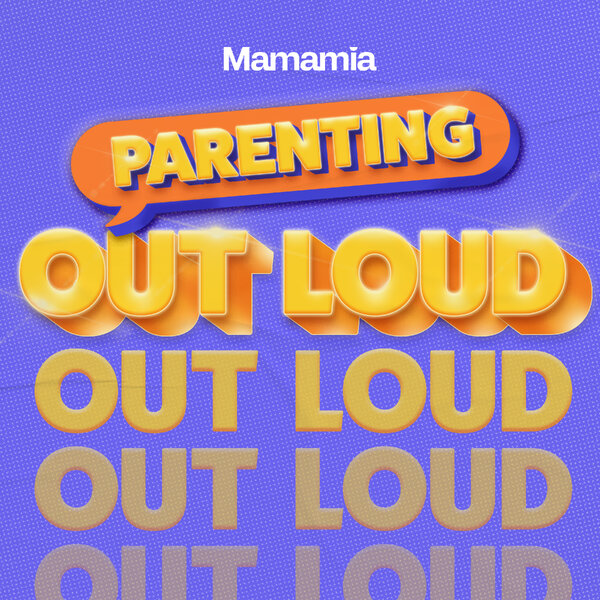
A long time ago, in the 1990s, a good friend of mine attempted to lure me into a pyramid scheme.
He invited a number of friends to what we thought was going to be one of his usual fun house parties - but instead, it shocked the pants off us all when we were forced into a small dimly lit room containing rows of chairs, a screen and an overhead projector.
Let’s just say the party was a fizzer from the moment a picture of a pyramid graph was projected onto the screen, and he commenced his presentation on how we all had the potential to become millionaires… All of us were forever wary of accepting another invitation.
On Mamamia Out Loud, we talk about a brand of vaccine hesitancy emerging in women of a certain age. Post continues below.
That was the moment, too, I realised that any business model that remotely resembled a pyramid scheme or multi-level-marketing structure was slightly shady, and definitely not one I would ever endorse.
In December 2020, social sharing platform TikTok updated its user guidelines under Frauds and Scams to include the following:
We do not permit anyone to exploit our platform to take advantage of the trust of users and bring about financial or personal harm. We remove content that deceives people in order to gain an unlawful financial or personal advantage, including schemes to defraud individuals or steal assets.
Do not post, upload, stream or share: Content that depicts or promotes Ponzi, multi-level marketing, or pyramid schemes.


Top Comments